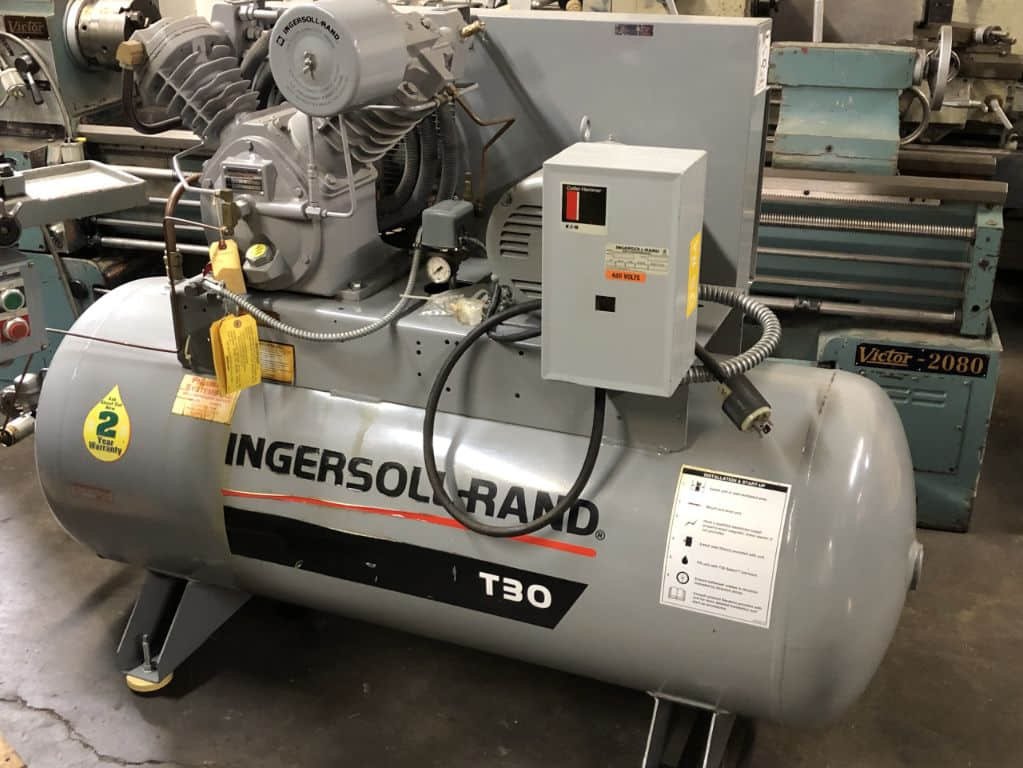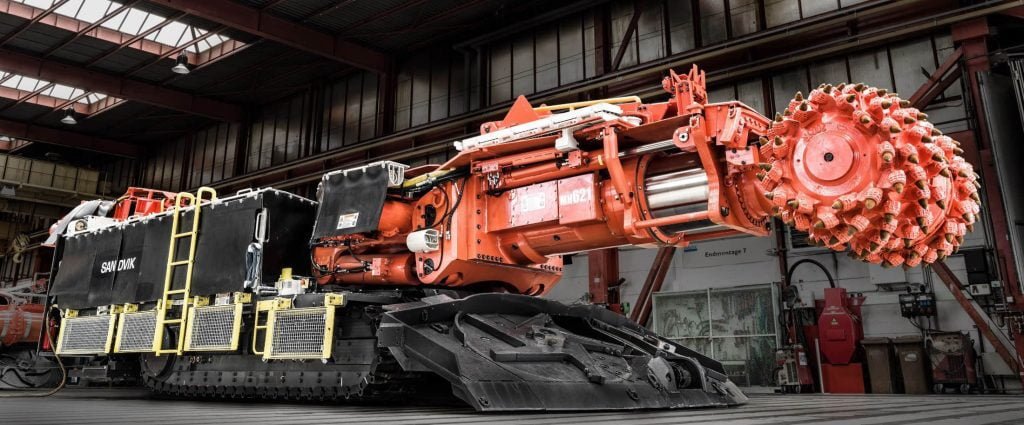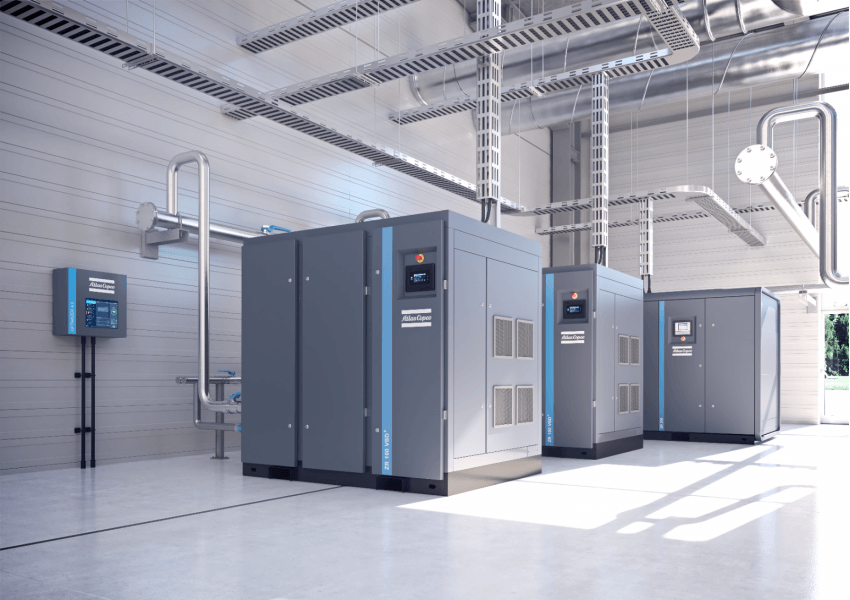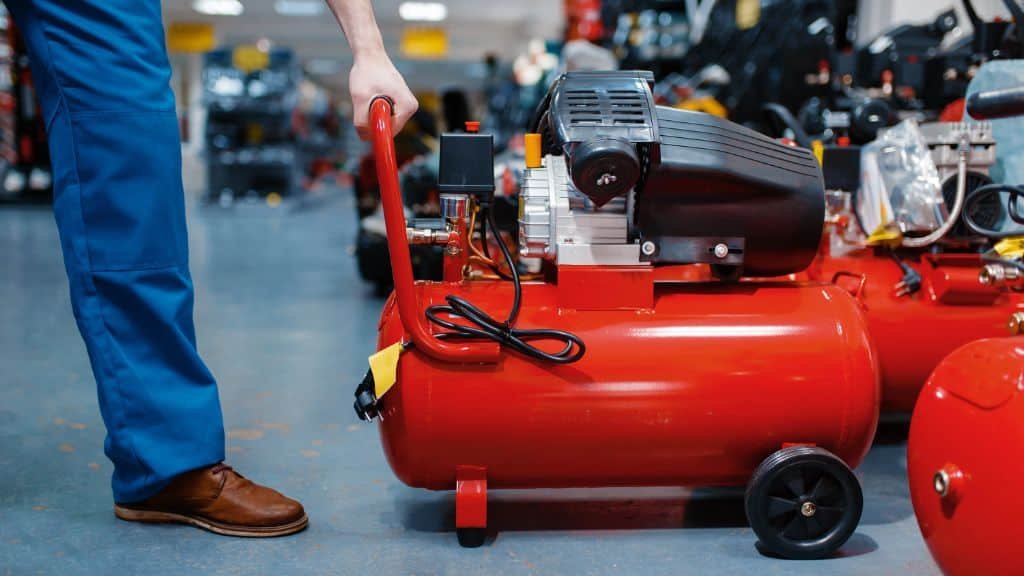Air compressors are incredibly useful tools for various applications, but like any mechanical equipment, they can encounter problems from time to time. Understanding common issues and their solutions can help you maintain the optimal performance of your air compressor. In this article, we will discuss some typical problems that air compressors face and provide practical solutions to resolve them.
1. Air Leaks
Air leaks are a common problem with air compressors and can significantly affect their efficiency. Leaks can occur in various parts of the system, including hoses, fittings, valves, and seals. The most apparent sign of an air leak is a continuous hissing sound. To address this issue:
- Inspect the entire system carefully, including all connections and fittings.
- Tighten loose fittings and connections using appropriate tools.
- Replace damaged or worn-out seals, gaskets, or O-rings.
- Apply thread sealant or Teflon tape to ensure proper sealing.
Regular maintenance and periodic inspections can help identify and resolve air leaks promptly, minimizing energy waste and prolonging the lifespan of your air compressor.
2. Insufficient Pressure or Airflow
If your air compressor is not delivering the expected pressure or airflow, it can hinder the effectiveness of your pneumatic tools and equipment. Several factors can contribute to this issue:
- Check the air filter and clean or replace it if clogged.
- Inspect the intake valve and ensure it is clean and fully functional.
- Examine the pressure regulator and adjust it to the desired pressure.
- Verify that the tank pressure is within the recommended range.
- Inspect the compressor pump for any signs of damage or wear.
If the problem persists, it is advisable to consult the manufacturer’s manual or seek professional assistance to diagnose and address the specific cause of insufficient pressure or airflow.
3. Overheating
Overheating is a common problem, especially during prolonged or heavy use of air compressors. It can result from factors such as inadequate ventilation, high ambient temperatures, or excessive load on the compressor. To prevent overheating:
- Ensure proper airflow around the compressor by keeping it in a well-ventilated area.
- Clean the cooling fins regularly to remove dust and debris that can obstruct airflow.
- Allow the compressor to cool down after extended periods of use or before restarting it.
- Reduce the workload on the compressor by using it intermittently or adding a receiver tank.
If the air compressor continues to overheat despite these measures, it is crucial to consult a professional technician to inspect and address any underlying issues with the motor, wiring, or cooling system.
4. Oil Contamination
Oil contamination can occur when the air compressor’s oil mixes with the compressed air, leading to poor air quality and potential damage to pneumatic tools and equipment. This issue can be caused by:
- Overfilling the oil reservoir beyond the recommended level.
- Worn-out or damaged piston rings or seals.
- Faulty oil separator or coalescing filter.
To mitigate oil contamination:
- Regularly check the oil level and maintain it within the specified range.
- Replace damaged piston rings or seals promptly.
- Clean or replace the oil separator or coalescing filter as recommended by the manufacturer.
- Install and maintain an appropriate filtration system to ensure clean, oil-free compressed air.
Proper lubrication and regular maintenance can significantly reduce the risk of oil contamination and extend the life of your air compressor and pneumatic equipment.
5. Excessive Noise
Excessive noise from an air compressor can be disruptive and indicate potential problems. It may result from loose components, worn-out parts, or improper installation. Here’s what you can do:
- Check and tighten all bolts
, screws, and fittings.
- Replace worn-out or damaged components, such as belts or pulleys.
- Insulate or dampen vibrations using appropriate materials.
- Ensure the compressor is placed on a stable and level surface.
If excessive noise persists, it is advisable to consult a professional technician to identify and address the underlying cause.
Conclusion
By being aware of common issues that can arise with air compressors and their respective solutions, you can effectively troubleshoot problems and keep your equipment in excellent working condition. Regular maintenance, proper usage, and prompt attention to any signs of malfunction will ensure that your air compressor performs optimally and lasts for years to come.




